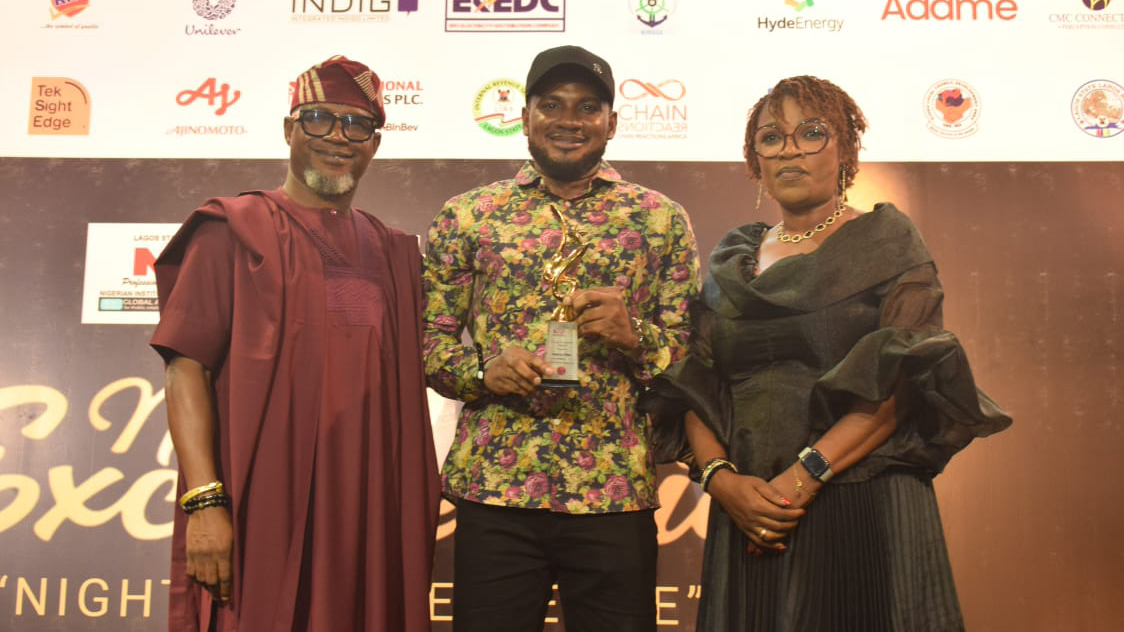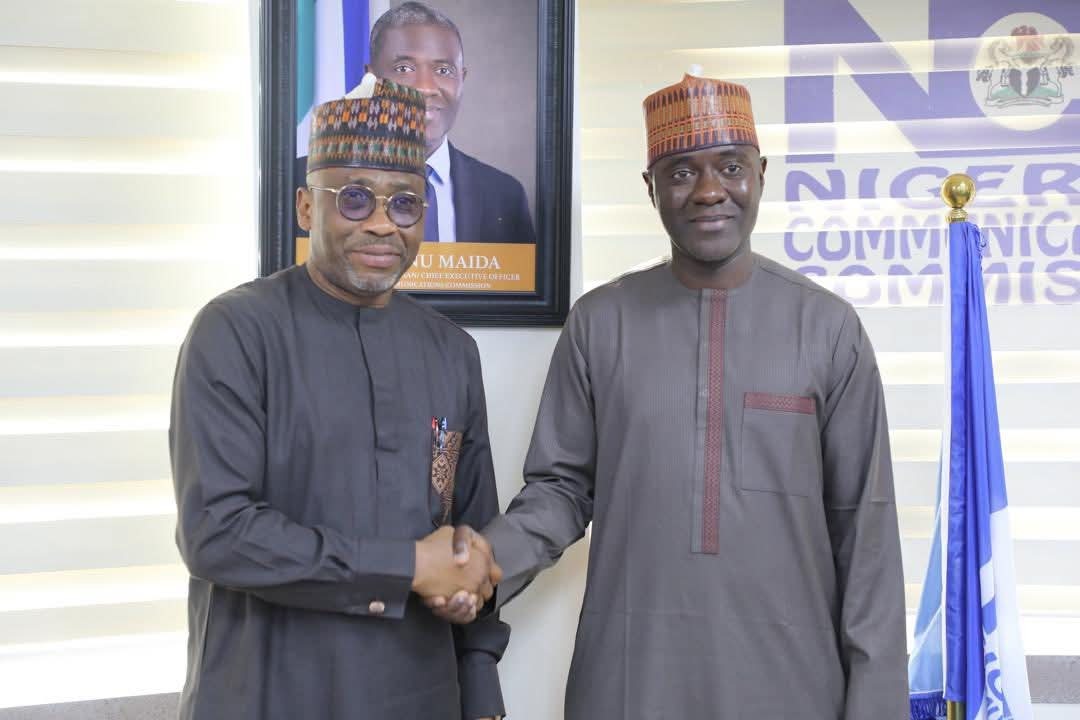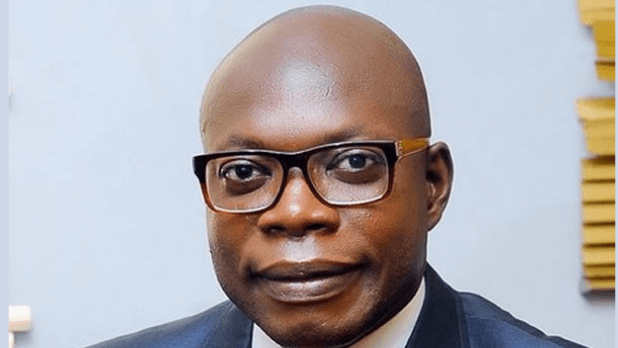The International Press Centre (IPC) and Centre for Media and Society (CEMESO) recently held a session for stakeholders in the media industry on critical role they are expected to perform during elections and ways to deepen citizens’ informed choices.
The event, which held in Lagos, was organised with support from the European Union Support to Democratic Governance in Nigeria (EU-SDGNII). In his welcome remarks, Executive Director IPC, Lanre Arogundade, stressed the need to develop journalists’ capacity.
To him, “if journalists are well trained and adequately empowered and if they have the right opportunity to deploy the knowledge acquired through their reporting, then the media would make the desired impact on the electoral processes and elections. This high-level event is also designed to foster collaboration among media executives and secure commitments towards consolidating the media’s role in promoting inclusive, fair, and acceptable electoral outcomes. Our shared goal is a media landscape that contributes to positive democratic outcomes through fair, accurate, and inclusive reporting.”
He added, “our expectation, therefore, is that as media operational leaders and gatekeepers, we can play a decisive role in shaping narratives and setting standards that contribute to the impactful reporting of the electoral processes and elections in a way that we can identify positive changes that can be attributed to our collective efforts.”
Saying media gatekeepers must shape narratives and set standards that result in impactful, ethical election reporting, he added through the EU SDGN 11 programme, IPC and CEMESO are working to ensure the media contributes to credible and inclusive elections in Nigeria.
In addition, Arogundade underscored the effective media contribution to the conduct of credible elections as part of its wider engagement towards fostering a pluralistic, participatory, and representative democracy in Nigeria through five components that incorporate support for INEC, the National Assembly and Judiciary, the political parties, the civil society, the media, women, youths and persons with disability.
After two years of EU-SDGN II, he observed that evaluations show strong activities but real impact is tied to an enabling environment for journalism. Speaking in a similar vein, Executive Director CEMESO, Akin Akingbulu, described the media as custodians of public trust and individuals who carry the heavy but noble burden of shaping what a nation hears, what a nation sees, and what a nation believes.
To him, “in an age where disinformation and hate are eager to fill the vacuum, media must be a voice of truth, direction, and hope. We aim for a media landscape where disinformation meets fact-checking fortresses and civic education is a deliberate priority. Our mission goes beyond better reporting it’s about fortifying democracy itself through ethical, inclusive journalism. Professionalism isn’t a checkbox it’s a creed. Inclusion isn’t an afterthought it’s essential. We’re here to shape the future toward an empowered, ethical, inclusive media industry that delivers free and accurate reporting.”
Akingbulu further encouraged the media leaders and executives to pay attention to the enabling environment, emphasising that “the environment is critical to the extent that it must be addressed if media stakeholders are to seriously address bigger issues or the delivery of the role of the media in our democracy.”
The participants agreed on key action points to advance the nation’s democratic process. This includes, self-censorship, deepening media support, promoting inclusiveness, continuous training, continuous training, knowledge sharing, accreditation of election reporters, voter education and media code.
Concerning self-censorship, they said media practitioners must be guided by journalism ethics and the core principles of accuracy, fairness and independence and other professional requirements.
As regards deepening media support, they suggested the Nigerian Guild of Editors (NGE), the Nigeria Union of Journalists (NUJ), the Newspaper Proprietors’ Association of Nigeria (NPAN), the Broadcasting Organisation of Nigeria (BON), and the Guild of Corporate Online Publishers (GOCOP) should be mobilised to support the programmes and activities of the IPC and its partners.
In promoting inclusiveness, they urged the media to be intentional in their coverage of women, youths and Persons With Disabilities (PWDs) On training, they suggested a partnership should be established with media organisations for the training of their editorial staff who are likely to be involved in covering democratic governance issues.
Also on knowledge sharing, they noted media organisers should be encouraged to make it a habit to have their participants, who attended training programmes, share the outcomes with colleagues in their organisations formally.
Talking on accreditation of election reporters, participants said it is essential that the accredited journalists be provided with the requisite training for their tasks.
Looking at voter education, they said efforts should be intensified by the media to educate the voters on their civic duties in the democratic governance process.
Concerning media code, the participants agreed that the Nigerian Media Code for Election Coverage should become a scripture for all media practitioners and not just those on the political desks alone.






